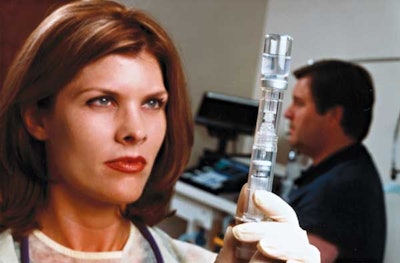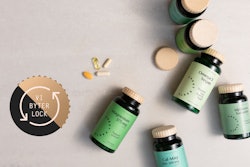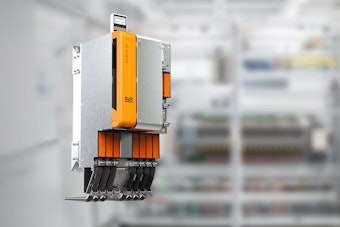
That’s what Toronto-based Duoject has come up with, relying on its in-house experience with injection-molding systems and with the resins that can be used on such systems.
Called the Inter-Vial, this medical device-drug package hybrid lets a health professional reconstitute a lyophilized (freeze-dried) drug by mixing it with a liquid diluent. This drug is then injected using the same device. Greater convenience, controlled and accurate dosing, and improved drug freshness are among the key benefits of the Inter-Vial compared to other delivery systems available.
The Inter-Vial consists of several intricately molded plastic pieces that have to be snapped or screwed together. This made resin selection a crucial part of the overall design and production process, says Daniel McDonald, director of engineering services at Duoject. High melt flow, clarity, and gloss were all important. The material also had to permit injection molding with close tolerances for secure fits between parts. Polycarbonate was the early choice, only to be edged out by K-Resin®SBC from Chevron Phillips.


















